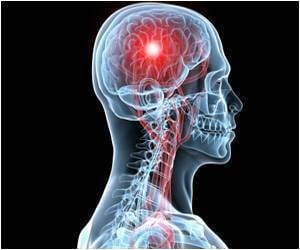
‘People who had experienced a traumatic brain injury (TBI) with loss of consciousness for more than five minutes were observed to be at greater risk of being diagnosed with mild cognitive impairment (MCI).’
Tweet it Now
The researchers found several important variables associated with a higher risk for MCI: TBI with loss of consciousness for greater than five minutes, certain genetic risk factors, and a history of depression. However, these MCI risk factors need closer examination, researchers said. "This is one of the first studies to demonstrate later-life risks of mild cognitive impairment in relation to a remote history of traumatic brain injury in a large population sample," said senior author Dr. C. Munro Cullum, Professor of Psychiatry, and Neurology and Neurotherapeutics at UT Southwestern. "We cannot yet determine who is at greatest risk for later-life cognitive decline following TBI, but these results suggest that a relationship exists for some people. Our ultimate goal is to identify various risk factors that may play a role."
In 2010, the Centers for Disease Control and Prevention estimated that TBIs accounted for approximately 2.5 million emergency department visits, hospitalizations, and deaths in the United States. Mild cognitive impairment, which typically occurs later in life, affects 10-20% of those aged 65 years and older, according to the Alzheimer's Association.
In the database sample group, researchers found TBI patients who had lost consciousness were 1.2 to 1.3 times more likely to be diagnosed with MCI than those who had not suffered brain injuries. Much of that elevated risk also was influenced by a history of depression, added Dr. Cullum, who holds the Pam Blumenthal Distinguished Professorship in Clinical Psychology.
The data came from patient information documented in the National Alzheimer's Coordinating Center database, which is pooled from 29 National Institute of Aging-funded Alzheimer's disease centers in the U.S. The group studied included those aged 50 years or older who had initial and follow-up visits completed between September 2005 and December 2013.
Advertisement
Source-Eurekalert














